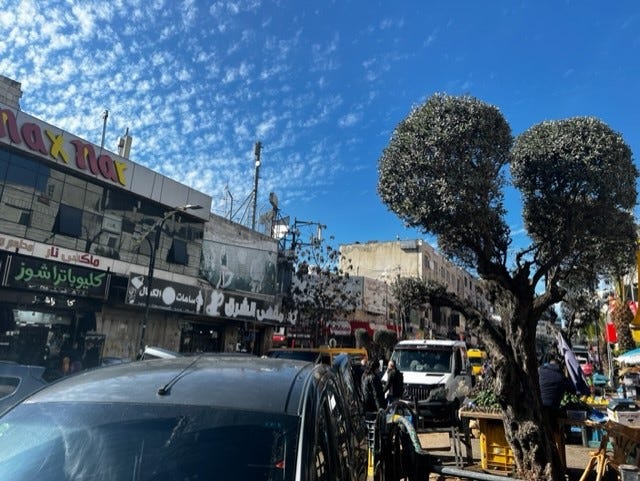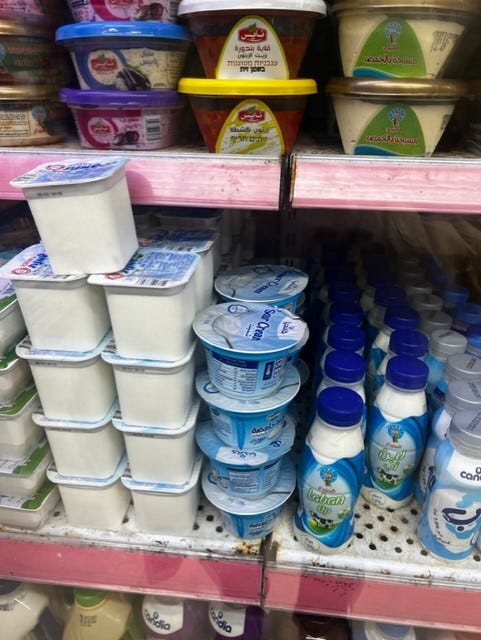Support for the Houthis in Ramallah
The Houthis, formally known as the Ansar Allah (“Supporters of God”), have now attracted widespread global attention because of their attacks on ships in the Red Sea and Arabian Sea regions as part of their campaign to put pressure on Israel to cease its military campaign in Gaza, and the recent airstrikes launched by the United States and the United Kingdom against their positions in Yemen. Many ‘anti-imperialist’ observers in the West sympathetic to the Houthis’ attacks and their opposition to Israel and the United States have cheered the Houthis and come to equate them and the territories under their control with all of Yemen, forgetting the large swaths of the country that are held by other factions opposed to the Houthis and sometimes at loggerheads with each other.
In the Arab world, the perception of the Houthi movement has been more complex. In previous years, Iranian support for the group (which seized Yemen’s capital of San‘a nearly a decade ago and has fought a war against other Yemeni forces mostly backed by Saudi Arabia and the United Arab Emirates) has tainted the Houthis as a ‘proxy’ militia of Iran. In more extreme terminology, such as that espoused by the Islamic State and some Salafis, the Houthis, by virtue of their Shi‘ism, are derided as ‘Rafidites’ (a derogatory term for Shi‘a) who must be fought and killed as apostates.
But at least here in Ramallah (which, despite the pompous tweeting of Mariam Barghouti, is hardly a warzone or being subject to some sort of Israeli ‘invasion’, even if Israeli forces sometimes undertake security raids), there is little doubt that the group’s actions have raised its profile for the better, and what otherwise might have been a suspect actor is commended as a brave supporter of the Palestinian cause.
The streets of Ramallah remain lively and full of everyday activity, despite sensationalist talk giving the impression that the city is a warzone.
Poster on top right: “The ‘take the initiative to boycott Israeli products’ campaign. Don’t contribute to the killing of Palestine’s children. #Boycottyourenemy.” While posters to boycott Israeli products are a common sight in Ramallah, Israeli products can be found readily for sale in at least some stores, as seen below.
On left: Israeli yogurt for sale in a store in Ramallah.




